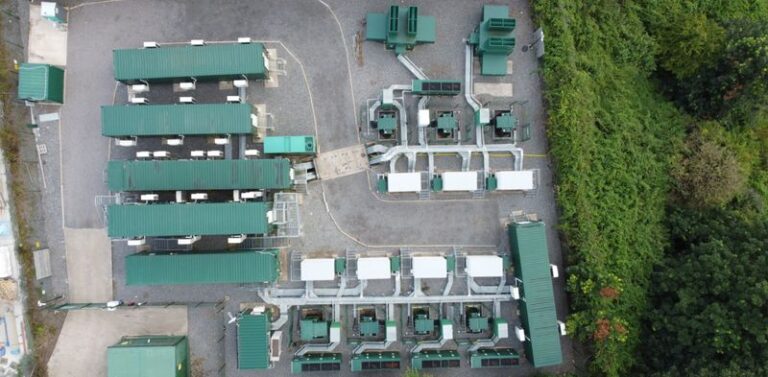SAE today (August 7) announced that it has purchased all shares of a 120MW/240MWh BESS project under development in Uskmouth, South Wales.
The company has paid Enso Green Holdings, a joint venture between Cero Generation and Enso Energy, an initial fee of £299,000 to acquire 100% ownership of the development vehicle used to develop the project. Under the share purchase agreement, SAE will pay Enso Green Holdings an additional deferred payment of £3.85 million when the project reaches financial close, in recognition of Enso Green Holdings’ contribution to the project to date.
SAE estimates that the project will cost an estimated £65 million, including deferred payment and transaction costs, and generate an average annual turnover of £12 million during the first five years of operation. The BESS project has an intended grid connection date of October 2026.
Graham Reid, CEO of SAE Renewables, commented: “We have a clear strategy in place to own and operate our projects and this announcement is an important next step in achieving this. A tremendous amount of work has already been done to achieve this milestone, which demonstrates how SAE continues to meet its goals and deliver for its shareholders.”
This BESS is one of many under development at the Uskmouth Sustainable Energy Park, a renewable energy project under construction on the site of a former coal-fired power station. A further 230 MW/460 MWh BESS is already under construction at the site, with this project jointly owned by E.ON and Quinbrook Infrastructure Partners.
The rise of the British BESS
Meanwhile, BESS projects further north have gained momentum in recent weeks.
Last week, Harmony Energy Income Trust announced it had successfully powered a 35MW/70MWh BESS installation in North Yorkshire after suffering setbacks due to delays in a distribution network operator’s connection programme.
Major projects are also currently progressing through the planning phase, with three major BESS proposals due to be considered by planning committees in the Scottish Highlands in the near future, while the 200MW/400MWh, two-hour Harker project “received full planning permission for construction and installation” by Cumberland Council last month.


